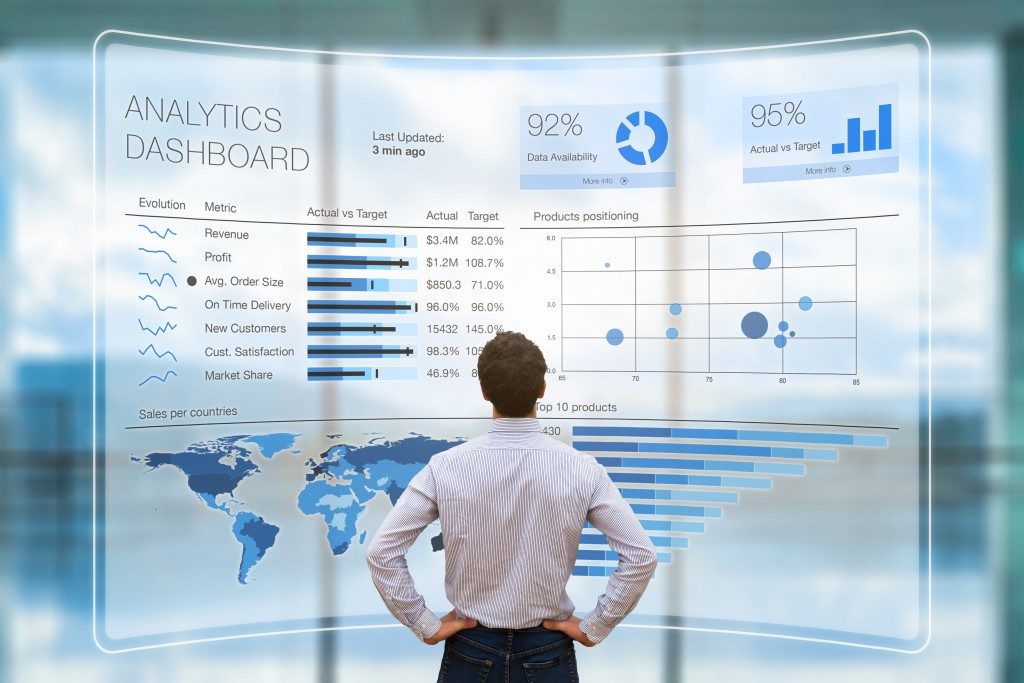While information is power in virtually all aspects of life, nowhere is this truer than in the business world. It is almost impossible for any business owner to make the right choice on various aspects of their operations without the right type of information. The kind of information needed to turn a startup into a Fortune 500 company; however, is not one that can be easily found. It is also not the type of information which allows for reactionary decisions but rather data which enables the prediction and analysis of the future.
Price tracking is one of the common forms of tactical competitive business intelligence which provides short-term data. Strategic information, on the other hand, centers on long term issues like your business’ opportunities and risks. Both forms of competitive intelligence encompass the careful discovery of data which might not be readily available to the public using advanced information gathering expert sources and sophisticated analytical techniques. The following are the elements of a comparative business intelligence program.
Combined External and Internal Resources
You cannot exclusively rely on your in-house team to get the competitive intelligence and analysis which will be instrumental to your success. Though in-house employees might be inexpensive, you will still need an external consultant so that the information you get is non-biased and unlimited. As such, your competitive intelligence program should feature both internal and external resources.
Commitment to Ethical and Legal Guidelines

Competitive intelligence has a somewhat negative rap among most business owners nowadays. They assume the methods used to together data are unethical and illegal for a company to gain an unfair competitive advantage. Companies have been known to use spies and sometimes violate an individual’s privacy to obtain data. Though this might have been common in the past, comparative intelligence consultancies nowadays conduct their data collection under ethical and legal regulations.
A Global Network of Resources and Connections
Relying on data collected from only one area is a recipe for failure. A worldwide network of professionals will ensure that the unfamiliar accents and cultural norms in different places will not hinder your data’s collection in areas beyond your local reach. The resources you will employ should also collect data from varied sources including trade shows, government records, industry experts, news media and your company’s stakeholders.
Informational Gathering and Analytical Tools
Your competitive analysis team should have the right tools and software to gather the required data and analyze it to make a sensible report and recommendations. Some of these tools are newsgathering, web searching, and analytical software. There are a few free online tools for these tasks, but the type of news service, database and search engine tools which suffice for competitive intelligence need an investment. This is generally in the form of s small subscription fee.
Very few business owners appreciate the need for competitive intelligence data when making decisions which affect their bottom line. By investing in a system which features all the above elements; however, many businesses nowadays have experienced growth spurts they could only have dreamt of. You can hence no longer afford to ignore the need for a competitive analysis team and tools for the growth of your venture.

